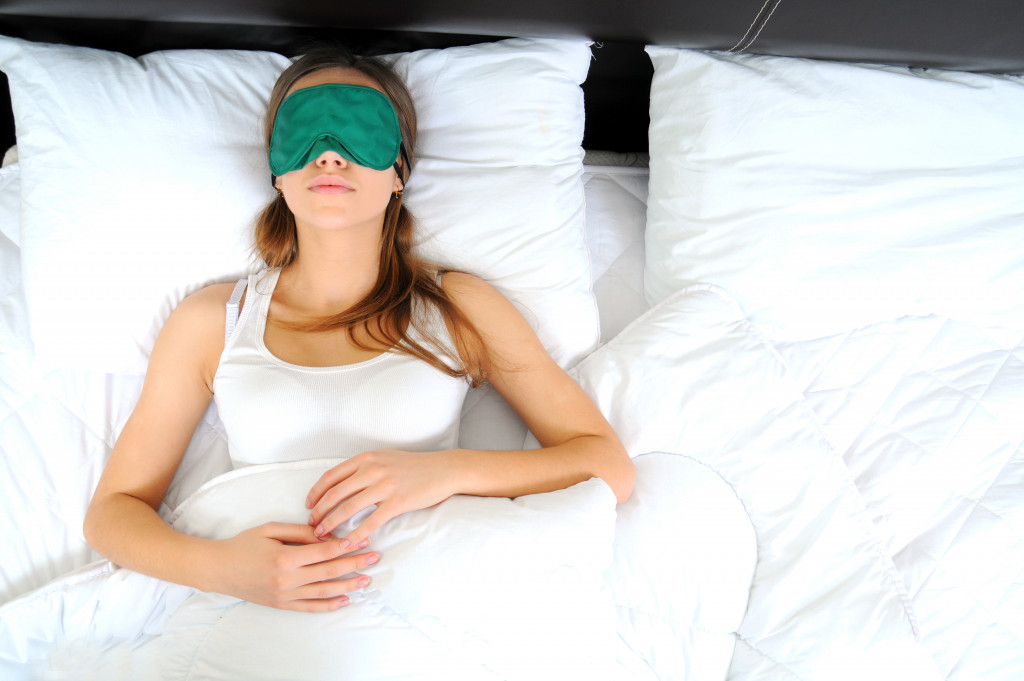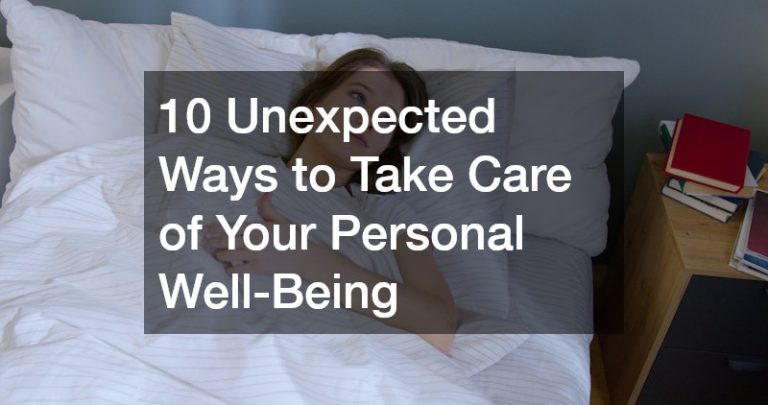- Establish a consistent sleep schedule and make positive lifestyle changes to improve sleep health.
- Avoid stimulants such as caffeine and alcohol, and reduce stress with relaxation techniques like meditation and yoga before bedtime.
- Prescription medications may be prescribed, as well as non-prescription alternatives such Cognitive behavioral therapy (CBT) or oral appliances can also help
- A sleep study may be recommended for severe cases.
Sleep disorders are a common problem, with an estimated 50 to 70 million adults in the United States affected by one or more sleep disorders, according to the National Institutes of Health (NIH). There are many types of sleep disorders, and while there are different treatment options available, the best course of treatment will vary depending on the specific disorder and the severity of the symptoms. Here are some common treatments for sleep disorders:
Lifestyle Changes
For some people, making lifestyle changes may be all that is needed to get a good night’s sleep. Many sleep disorders may be caused or exacerbated by unhealthy habits, and making positive lifestyle changes can help. Simple actions like the following may help:
Establishing a consistent sleep schedule
The body follows a natural circadian rhythm, and going to bed and waking up simultaneously daily can help restore that balance. To control your body’s circadian rhythm, limit activities such as using your computer and watching TV prior to bedtime. Set the alarm to remind yourself it’s time to go to bed, and try to make sure you stick to this routine, even on the weekends. This is an important step to improve your sleep health.
Exercising Regularly
Regular physical activity can help improve sleep patterns, and it can also help reduce stress. Exercise should be done at least three hours before bedtime, though, to give the body time to wear down and relax.
Limiting Caffeine and Alcohol
Stimulants such as caffeine and alcohol can both disrupt sleep, so they should be avoided or limited prior to bedtime. Being mindful of your intake of both can help improve the quality of your sleep.

Reduce Stress
Stress plays a major role in disrupting sleep, and managing stress can help people with sleep disorders get a better night of rest. Relaxation techniques such as meditation and yoga may be beneficial, and it can be helpful to create a bedtime routine that focuses on winding down and preparing for sleep.
Medication
If lifestyle changes are not enough to improve your sleep, then medication may be prescribed. Sleep medications are designed to target specific causes of insomnia, such as anxiety or depression. Common prescription medications for sleep include benzodiazepines and non-benzodiazepines, such as zolpidem and trazodone. The choice of medication will depend on the type and severity of your symptoms.
However, there are also non-prescription alternatives, such as supplements and herbs, that may be effective in improving sleep. But these should only be taken after discussing them with a healthcare professional.
Therapy
Cognitive behavioral therapy (CBT) may also be recommended for people with sleep disorders. CBT helps identify and address any underlying mental or emotional issues contributing to the problem, allowing people to make healthier sleep habits and reduce stress levels.
You can also look into alternative therapies such as acupuncture, massage, or hypnosis. These may help some people get a better night of sleep, although the evidence for the effectiveness of these treatments is limited. So, it’s important to discuss these options with your doctor.

Oral Appliances
Sleep disruption due to breathing problems can be treated with an oral appliance. These medical devices fit in the mouth and help to open the airway while sleeping, reducing snoring and improving sleep quality.
Your doctor may recommend getting a quality expander orthodontic appliance and wearing it nightly for optimal results. This can help reduce snoring and help treat sleep apnea.
Sleep Studies
If your sleep problems are severe, your doctor may suggest a sleep study. This is an overnight evaluation in a lab that looks at brain activity and breathing patterns to determine the cause of your sleep disorder and help find the best treatment option. This way, you can get the help you need to get a good night’s sleep.
Although sleep disorders can be disruptive to your life, understanding the treatments available and finding an effective solution can help you find relief from your symptoms and improve your sleep. Talk to your doctor or a qualified health professional about the best option for you. With the right support, you can find the relief you need and get a good night of rest.






